Have you ever caught your cat knocking over a glass or scratching your favorite piece of furniture, only to receive an unrepentant stare in return? Cats, those mysterious and independent creatures, have their own unique ways of communicating. While they may not offer a verbal apology, their actions often speak louder than words. Let’s dive into the fascinating world of feline behavior and uncover the subtle gestures cats use to express remorse.
The Gentle Head Bump
One of the most endearing ways a cat might express regret is through the gentle head bump. This action, known as “bunting,” involves your cat softly pressing its head against you. In the feline world, this is a sign of affection and trust. When a cat nudges you with its head after a misdeed, it’s their way of bridging the gap and seeking reconciliation. It’s as if they’re saying, “Let’s forget about that little mishap, shall we?” This gesture can melt even the hardest of hearts, reminding us of the deep bond we share with our feline friends.
Slow Blinking: The Kitty Kiss
If you’ve ever caught your cat gazing at you with half-closed eyes, you’re witnessing a profound form of feline communication. Slow blinking is often referred to as a “kitty kiss.” When a cat slowly blinks at you, it’s a sign of trust and affection. After a misdeed, your cat might use this gesture to show vulnerability and a desire for peace. It’s a silent apology, a way of saying, “I didn’t mean it.” By returning the slow blink, you can reassure your cat that all is forgiven.
The Purring Apology
Purring is a multifaceted behavior in cats, often associated with contentment and relaxation. However, it can also be a way for cats to apologize. After a mishap, you might notice your cat curling up beside you and purring softly. This soothing sound can be a form of self-comfort for the cat and a peace offering to you. The vibrations are calming, almost like a feline lullaby, signaling that your cat wants to restore harmony in the household.
Bringing You Gifts
Though it might seem counterintuitive, your cat presenting you with a “gift” can be an apology of sorts. Whether it’s a toy or, more alarmingly, a small creature from outside, this offering is meant to mend fences. Cats are natural hunters, and bringing you a catch is their way of sharing their success and showing they care. While it might not be the most pleasant of gestures, it’s a sincere attempt to make amends and strengthen your bond.
Following You Around
When a cat feels guilty, it may suddenly become your shadow, following you from room to room. This behavior is a sign of attachment and a desire for reassurance. By staying close, your cat is trying to communicate, “I want to be near you, even if I made a mistake.” It’s their way of seeking comfort and letting you know they value your companionship. This constant presence can be both endearing and amusing, reminding us of the unique ways cats express their emotions.
Playful Antics as a Distraction
Cats are masters of distraction, and after a wrongdoing, they might resort to playful antics to divert your attention. Whether it’s a sudden burst of energy or a spontaneous game of chase, these actions are designed to lighten the mood. It’s as if your cat is saying, “Let’s have fun and forget about what happened.” These playful moments can serve as a reminder of your cat’s charming personality, making it hard to hold a grudge for long.
Seeking Physical Contact
Physical touch is a powerful tool for cats to express remorse. After a transgression, your cat might seek out your lap or try to snuggle beside you. This desire for closeness is a sign that they want to reconnect and mend any rift. By initiating contact, your cat is conveying, “I still want to be close to you.” This gesture is both comforting and reassuring, highlighting the deep emotional connection between you and your feline companion.
The Soft Meow of Regret
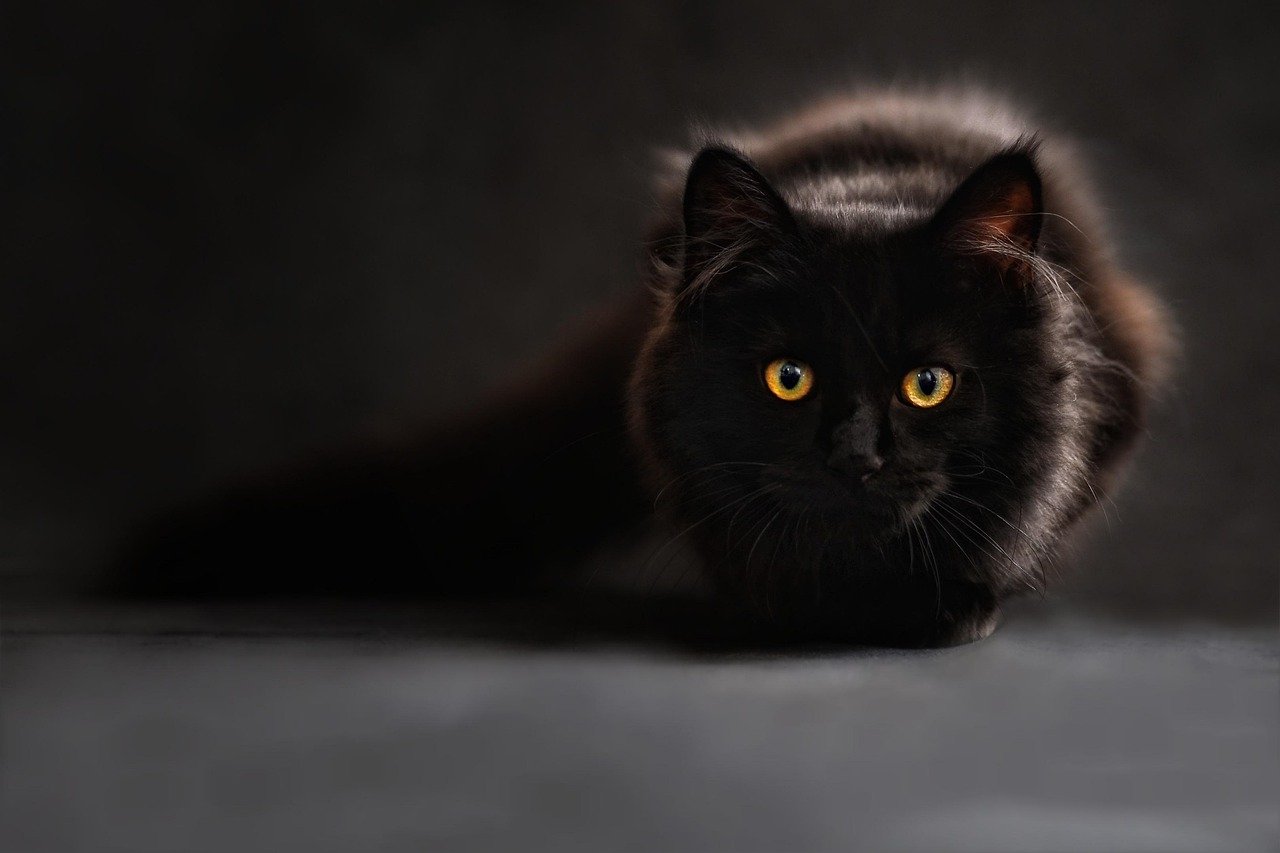
While cats are not known for their vocal apologies, a soft, almost plaintive meow can be a sign of remorse. This gentle sound is often accompanied by other conciliatory gestures, such as head butting or slow blinking. It’s a subtle way for your cat to express regret and seek forgiveness. By responding with gentle words or a soothing pet, you can reassure your cat that all is well.
Offering Their Belly
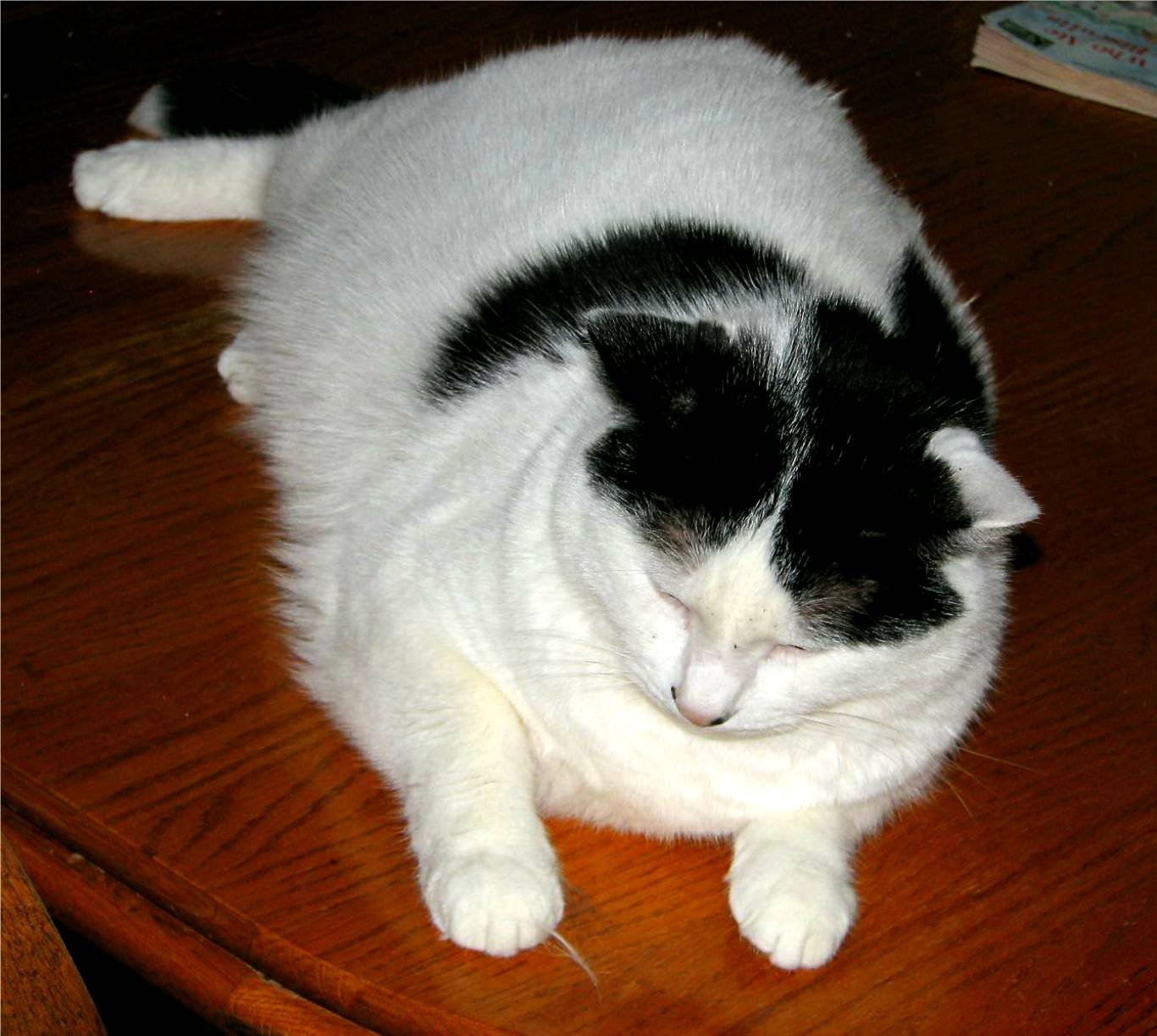
A cat exposing its belly is a sign of trust and vulnerability. After a misdeed, your cat might roll over and show you its soft underbelly as a peace offering. This gesture is a way of saying, “I trust you, even if I made a mistake.” By accepting this offer and giving a gentle belly rub, you can reinforce the bond of trust and show your cat that all is forgiven.
Rubbing Against Your Legs
Rubbing against your legs is a classic feline behavior, often used to mark territory and show affection. After a mishap, your cat might use this gesture to re-establish their connection with you. This action is a way of saying, “You’re still mine, and I want to be close to you.” It’s a comforting reminder of the special bond you share with your cat, even when things go awry.
Engaging in Grooming Rituals
Cats are meticulous groomers, and after a mistake, they might engage in grooming rituals as a form of self-soothing. This behavior can also extend to you, as your cat might attempt to groom you by licking your hand or face. This gesture is a sign of affection and a way of saying, “Let’s take care of each other.” It’s a touching expression of their desire to maintain a harmonious relationship.
Offering a Paw
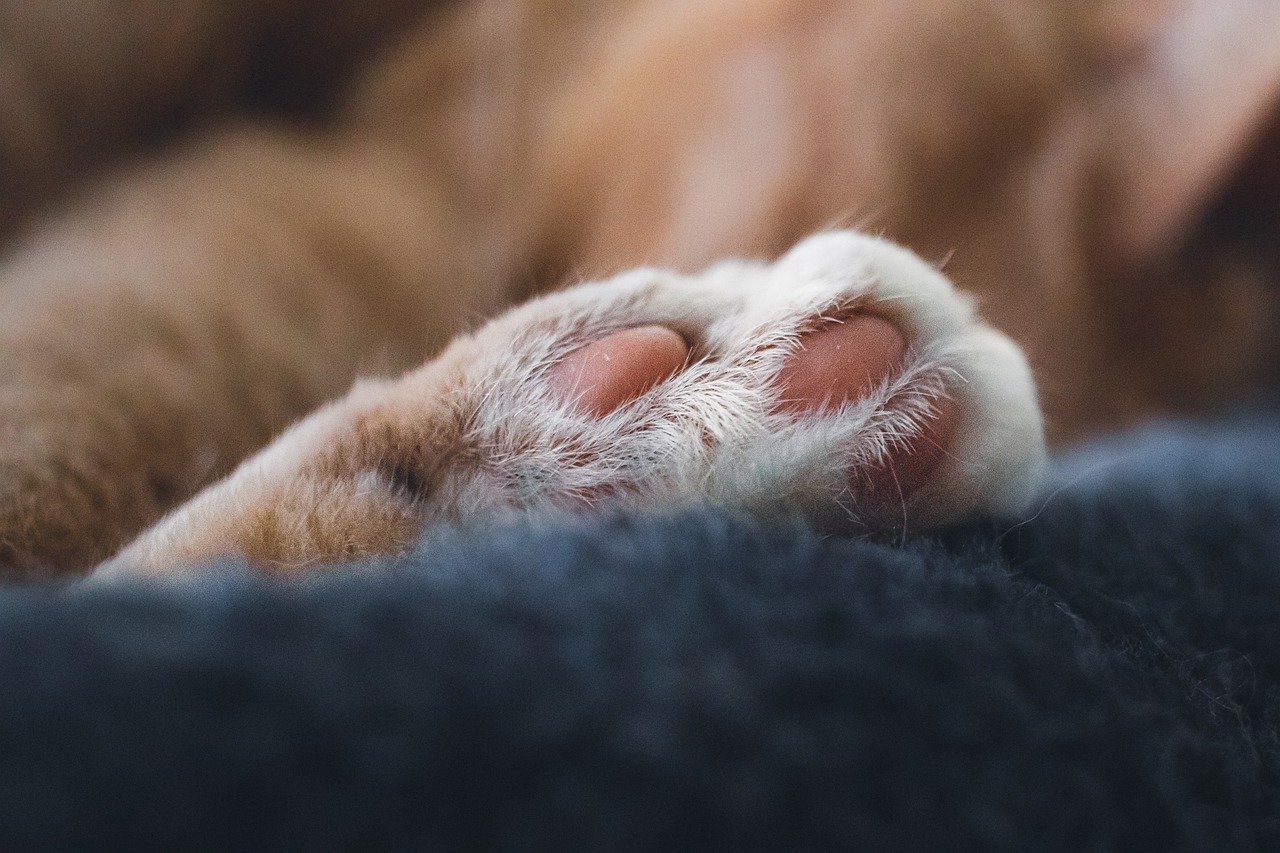
In some cases, a cat might extend a paw towards you as a conciliatory gesture. This action can be seen as a form of reaching out, a way of saying, “Let’s make peace.” By gently taking their paw in your hand, you can acknowledge their apology and strengthen your bond. This simple yet profound gesture reminds us of the deep emotional connection we share with our feline friends.
Returning to Routine
Cats thrive on routine, and after a misdeed, they might quickly return to their usual behaviors as a way of restoring normalcy. Whether it’s their regular nap spot or favorite playtime activity, this return to routine is a way of saying, “Let’s move on and enjoy our time together.” By participating in these familiar activities, you can reinforce the sense of stability and comfort in your relationship.
Seeking Eye Contact
Eye contact is a powerful form of communication, and after a wrongdoing, your cat might seek to establish a connection through their gaze. This direct eye contact can be a way of saying, “I’m here, and I care.” By meeting their gaze and offering a reassuring smile or gentle words, you can acknowledge their apology and strengthen your bond. This simple exchange can be a profound reminder of the deep connection you share with your feline companion.
Engaging in Playtime
Playtime is an important part of a cat’s life, and after a mishap, your cat might initiate a game as a way of mending fences. Whether it’s a game of chase or a playful pounce, these activities are a way of saying, “Let’s have fun and forget about what happened.” By participating in these playful moments, you can reinforce the bond of trust and show your cat that all is forgiven.
Offering a Gentle Nuzzle
A gentle nuzzle is a sign of affection and a way for your cat to express regret. After a misdeed, your cat might nuzzle against your hand or face, seeking comfort and reassurance. This gesture is a way of saying, “I still care about you, even if I made a mistake.” By responding with a gentle pet or soothing words, you can reassure your cat that all is well.
Returning to Favorite Spots
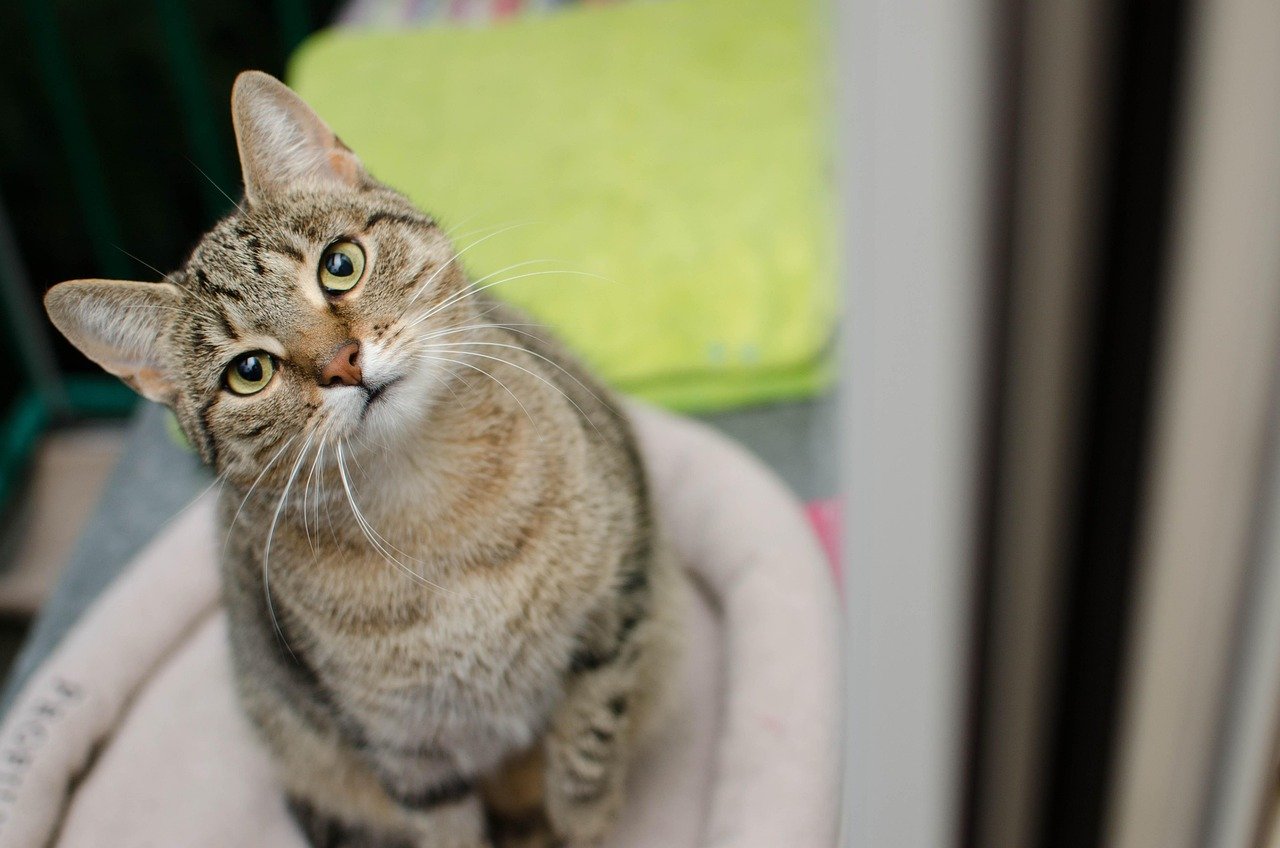
Cats have their favorite spots in the house, and after a wrongdoing, they might return to these places as a way of seeking comfort. Whether it’s a sunny windowsill or a cozy bed, these familiar spots provide a sense of security and stability. By joining your cat in these favorite places, you can reinforce the bond of trust and show your cat that all is forgiven.
Engaging in Mutual Grooming
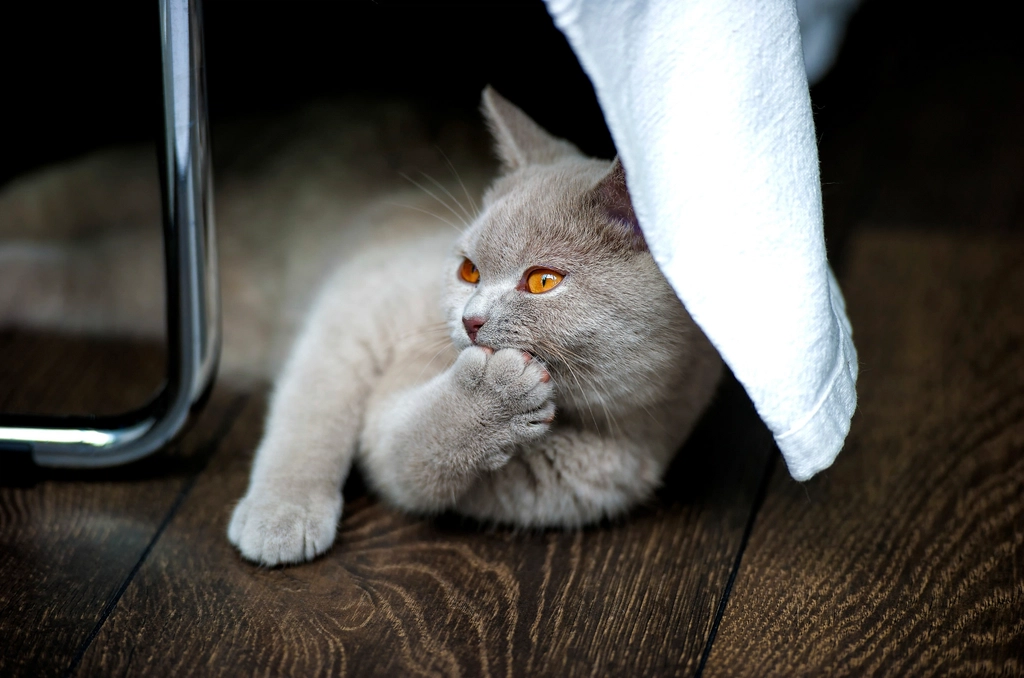
Mutual grooming is a sign of trust and affection in the feline world. After a mishap, your cat might engage in mutual grooming as a way of mending fences. This behavior is a way of saying, “Let’s take care of each other.” By participating in these grooming rituals, you can reinforce the bond of trust and show your cat that all is forgiven.
Offering a Playful Paw Swipe
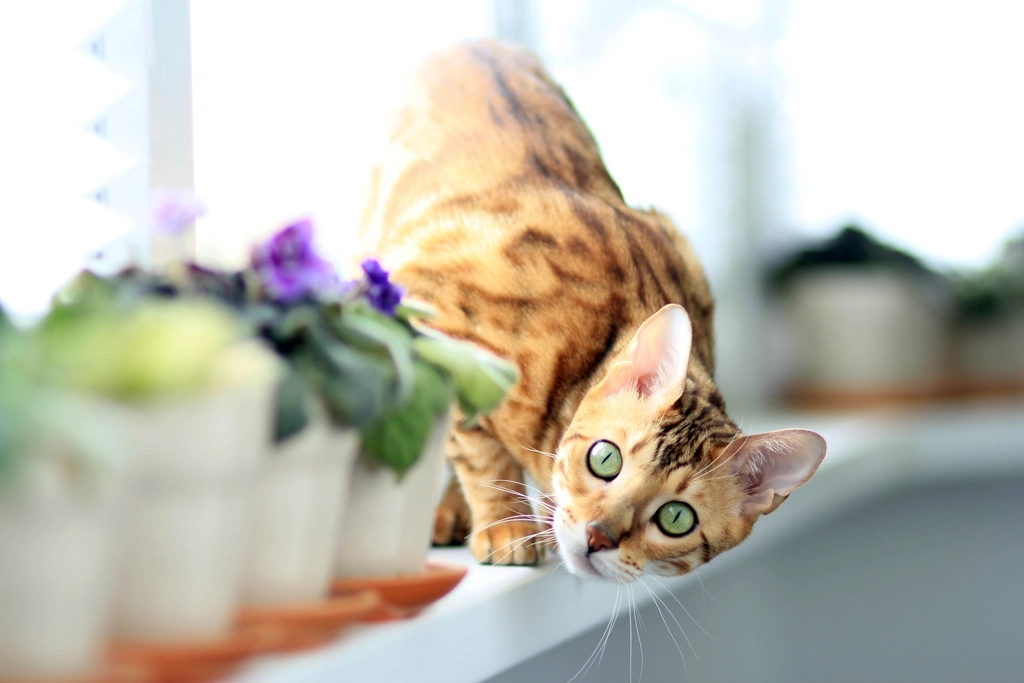
A playful paw swipe is a way for your cat to express regret and seek forgiveness. After a misdeed, your cat might gently swipe at you, inviting you to play. This gesture is a way of saying, “Let’s have fun and forget about what happened.” By responding with a playful game, you can reinforce the bond of trust and show your cat that all is forgiven.
Settling in for a Nap Together
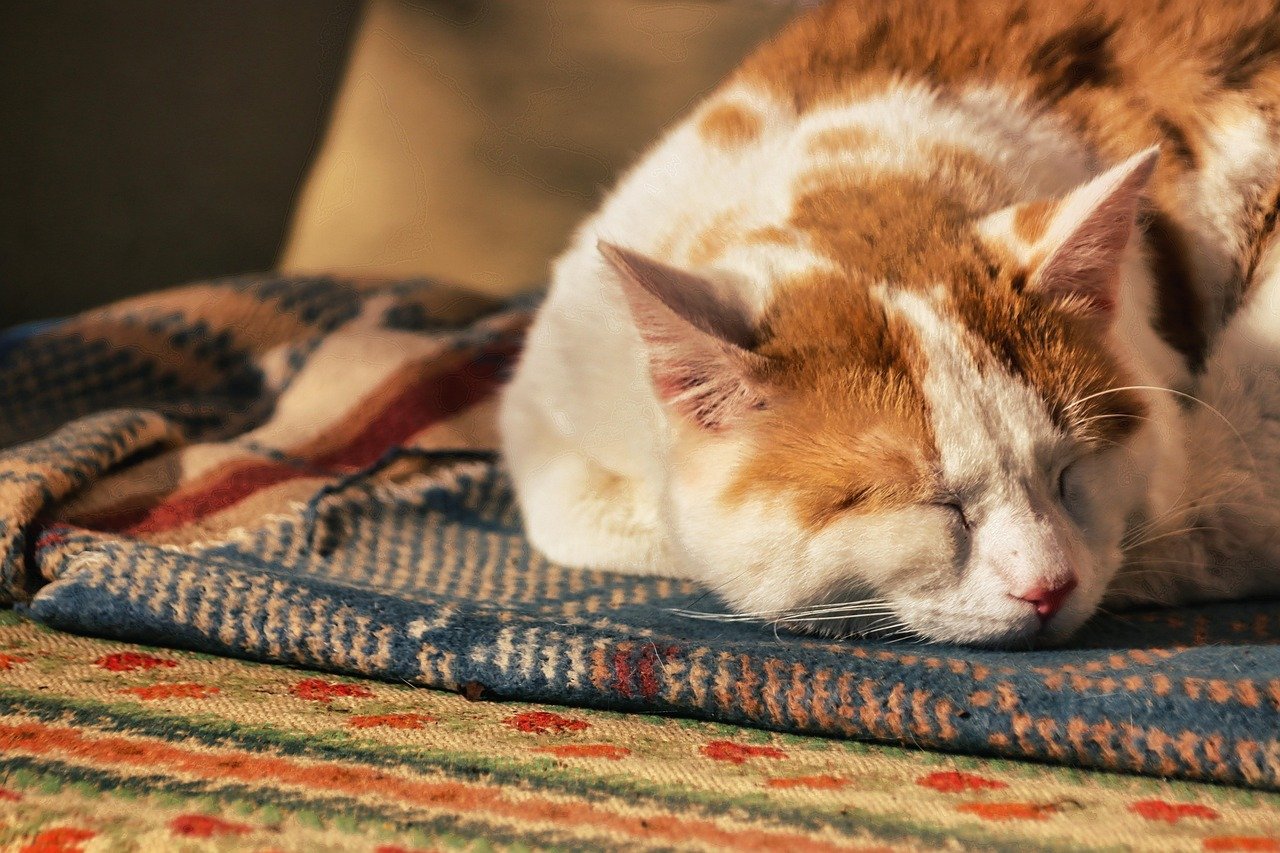
After a wrongdoing, your cat might seek to restore harmony by settling in for a nap beside you. This desire for closeness is a sign of attachment and a way of saying, “I want to be near you, even if I made a mistake.” By joining your cat in this peaceful moment, you can reinforce the bond of trust and show your cat that all is forgiven.
In the enigmatic world of cats, actions often speak louder than words. These subtle gestures are their way of expressing remorse and seeking reconciliation. Next time your feline friend commits a minor misdeed, look for these signs of apology and remember the deep bond you share. Cats may not say “I’m sorry” with words, but their actions reveal a heartfelt desire to make amends.
Hi, I’m Bola, a passionate writer and creative strategist with a knack for crafting compelling content that educates, inspires, and connects. Over the years, I’ve honed my skills across various writing fields, including content creation, copywriting, online course development, and video scriptwriting.
When I’m not at my desk, you’ll find me exploring new ideas, reading books, or brainstorming creative ways to solve challenges. I believe that words have the power to transform, and I’m here to help you leverage that power for success.
Thanks for stopping by, Keep coming to this website to checkout new articles form me. You’d always love it!






